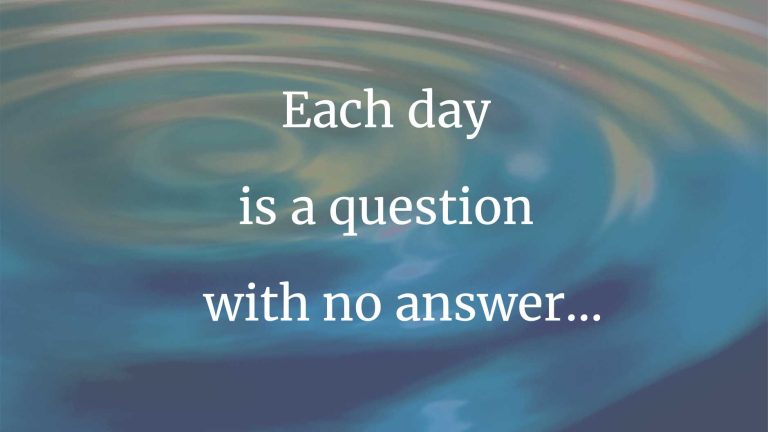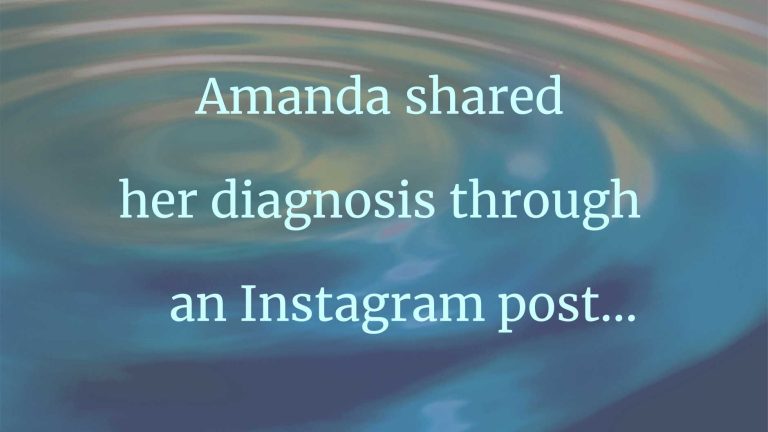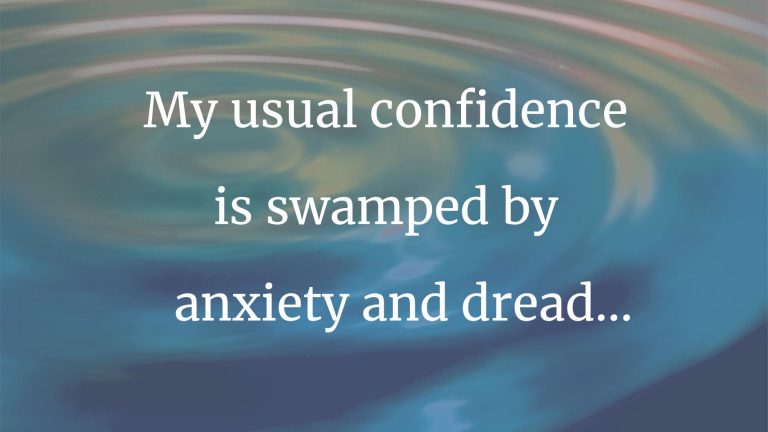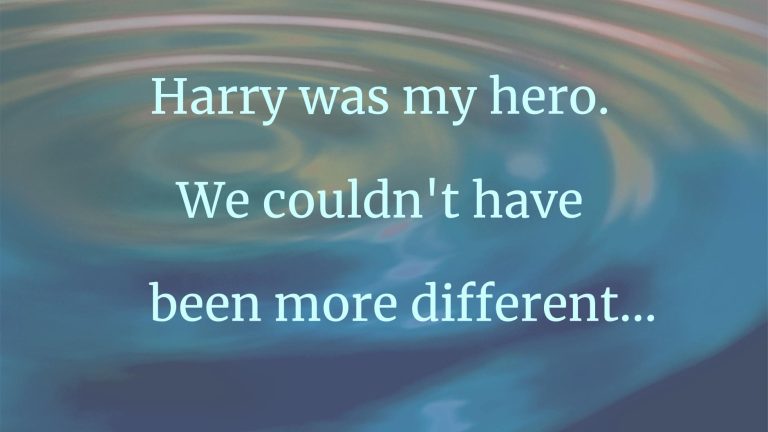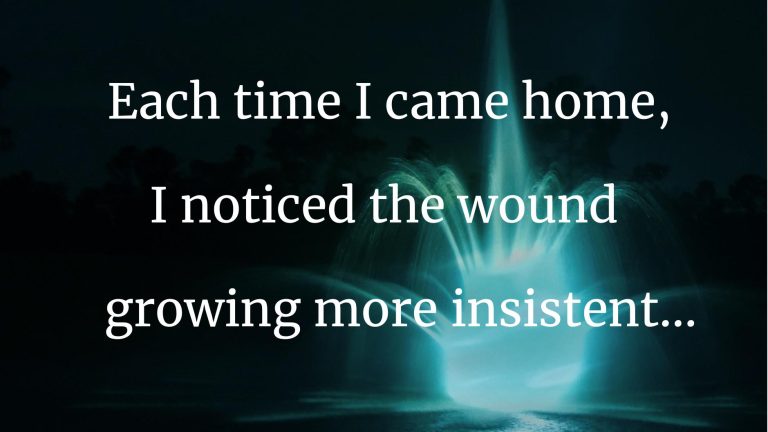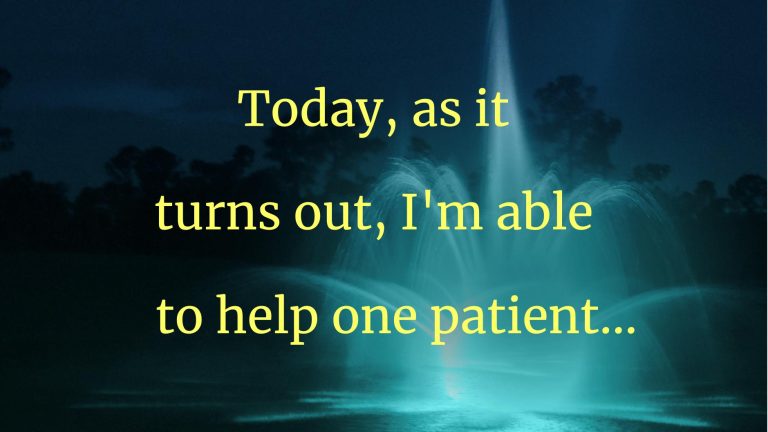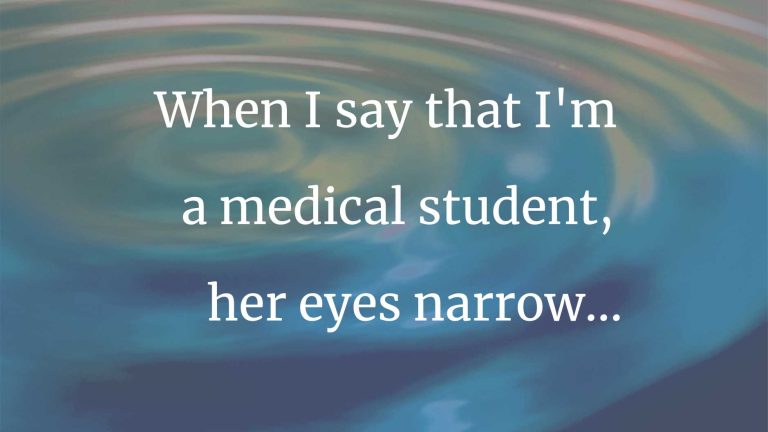
Medicine by the Books
Brrring!
The landline in my call room trills, jolting me awake. I have a consult. I’m a third-year medical student on my internal-medicine rotation. This is my second overnight call and second week of clerkship.
“Hi, Keith!” the caffeinated resident chirps. “I have a consult for you!”
The patient is Ms. Carrera: a young woman with a history of diabetes, renal disease and a recent heart attack. She’s here because her legs hurt. Cardiology and nephrology have no explanation, so they called internal medicine—and by extension, me. My shoulders slump.

